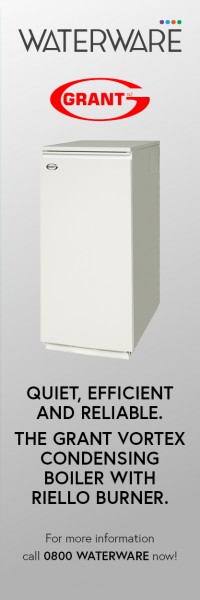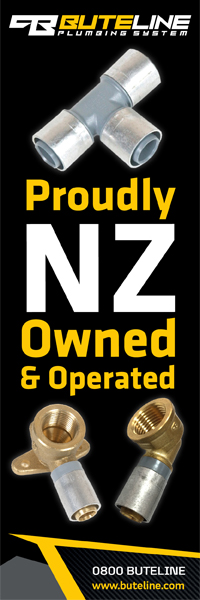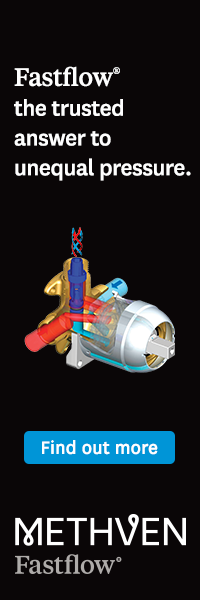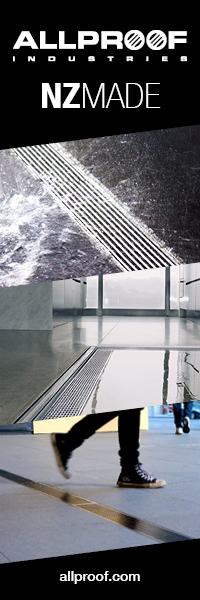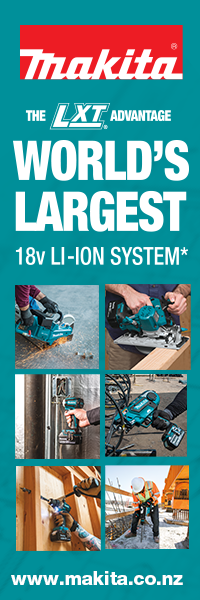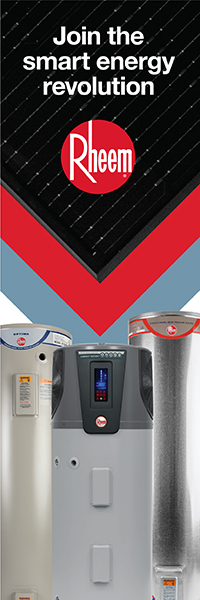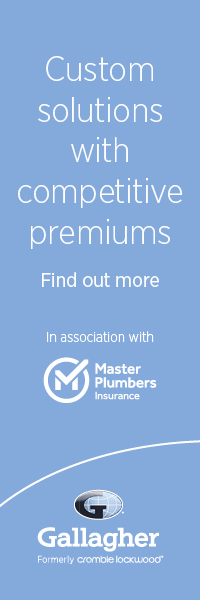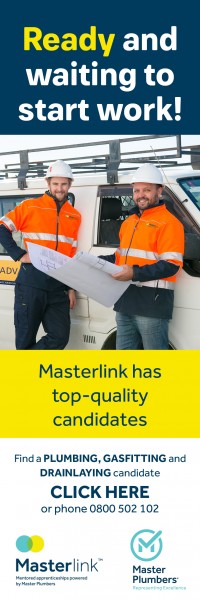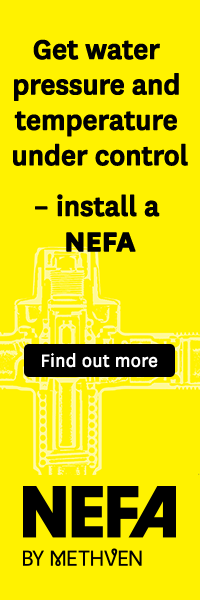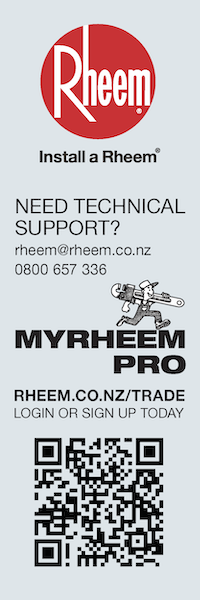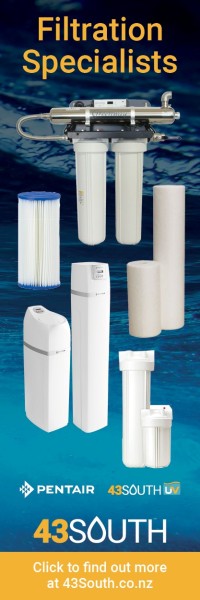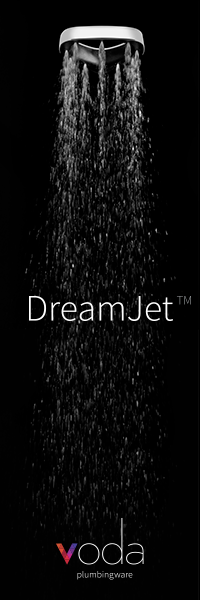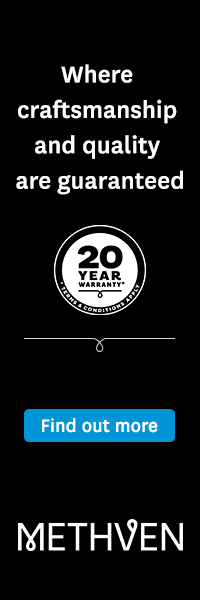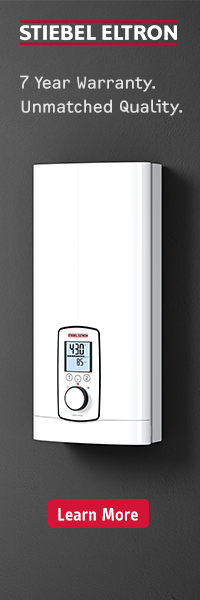Hot Water Cylinders
19 December 2018
Electric hot water cylinders are the most common form of water heating in New Zealand. This often overlooked appliance needs regular inspection to keep it running as efficiently as possible and to prolong its lifespan.
Low or mains pressure
Until the 1970s, low pressure electric water heaters were pretty much the only option available so they are commonly found in older NZ houses. There are three main ways to identify these water heaters. Most have a:
- copper vent pipe protruding through the roof
- large pressure reducing valve (looks a bit like a flying saucer) on the cold water inlet
- header tank in the ceiling space.
These old systems commonly struggle when hot water taps are being used in different areas of the house – for example, someone washing the dishes in the kitchen means someone else taking a shower in the bathroom gets blasted with cold water.
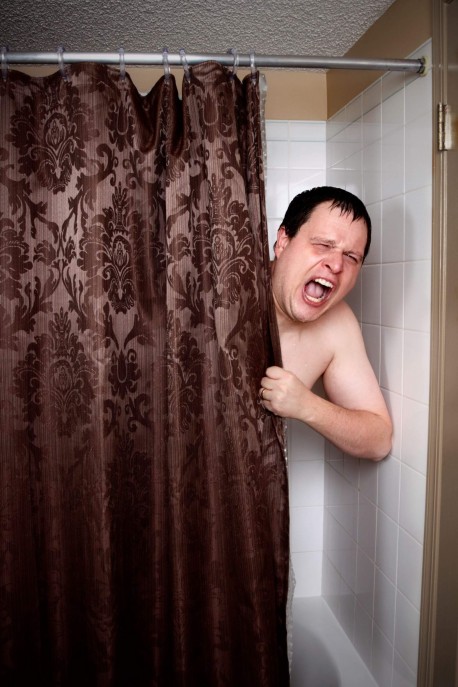
Nooo! Who turned on a tap?
Low pressure systems are also often a reality of rural living, although tank or bore water can be pumped to mains pressure.
Out with the old, in with the new
Low pressure cylinders are still popular today and a good choice for like-for-like replacement. However the growing trend is to replace low pressure systems with mains pressure.
Most modern house builds now feature mains pressure water heating systems, usually served by a vitreous enamel or stainless steel hot water cylinder. They deliver full flow to multiple bathrooms and taps throughout the home simultaneously.
If you live in a residential area you will almost certainly have mains pressure water available at your gate.
The majority of new tapware, fittings and appliances such as washing machines and dishwashers are rated only for mains pressure, so choosing a mains pressure hot water cylinder will open up new options for you in the future.
You can also free up valuable space inside your house by choosing a model suitable for outdoor installation.
Gas storage water heaters – which store hot water in a cylinder – are another option if your property is connected to a natural gas supply. These cylinders run without electricity and are suitable for all water pressures.
Local conditions, local expertise
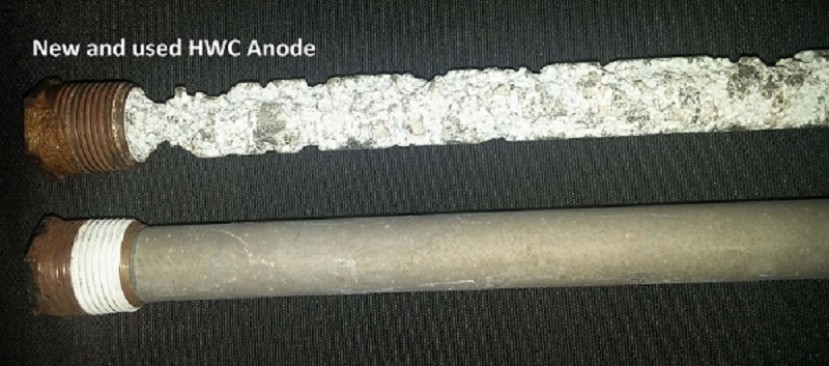
Spot the difference! Photo credit: Rheem
New Zealand is a unique environment, with water drawn from reservoirs or underground springs containing different naturally-occurring minerals and organic materials. Hot water cylinders in areas with hard water accumulate limescale more quickly than in others. Varying acidity and lime levels can speed up corrosion and rusting.
Research and development teams at local manufacturers such as Rheem work to improve water heating technology for the benefit of future generations of Kiwis. They have developed glass-lined or vitreous enamel (VE) water heaters, which provide the best corrosion resistance to a wide range of water conditions.
All VE water heaters are fitted with a sacrificial zinc/magnesium anode (or rod) which provides protection to the cylinder in adverse water conditions.
In layman’s terms, the anode will, in most cases, corrode rather than the main structure of the cylinder.
Because the rod is ‘sacrificed’, it is important to replace it to ensure continued protection. Most householders are not aware of this and not replacing it can lead to the failure of a relatively new hot water cylinder.
Maintenance tips
The most obvious thing you can do is to read the manufacturer’s instructions for your hot water cylinder and follow their maintenance schedule guidelines. As a general rule of thumb:
- Gently nudge the lever of the temperature/pressure relief valve every 6-12 months to prevent sticking
- VE cylinders – ask a plumber to check the anode every 5 years, and change if required
- Regularly check around the cylinder for signs of leaks or corrosion.
Contact your plumber if you have any concerns or questions about your hot water cylinder. You can find your nearest Master Plumber online here.
Visit Rheem’s website to watch short videos explaining the benefits of modern hot water heating systems and check out their online tool to see which ones might best suit your household’s hot water needs.

